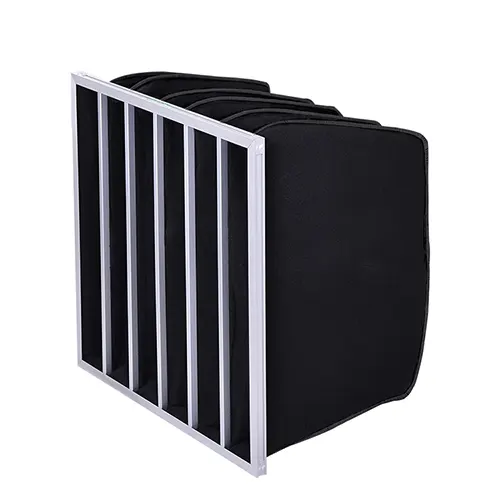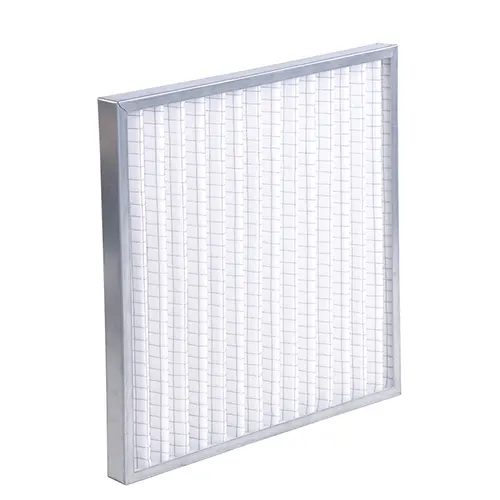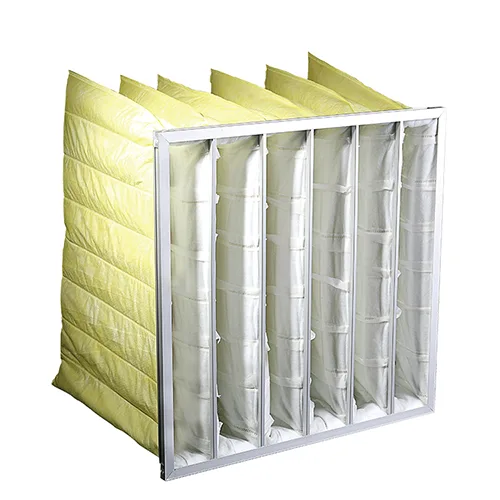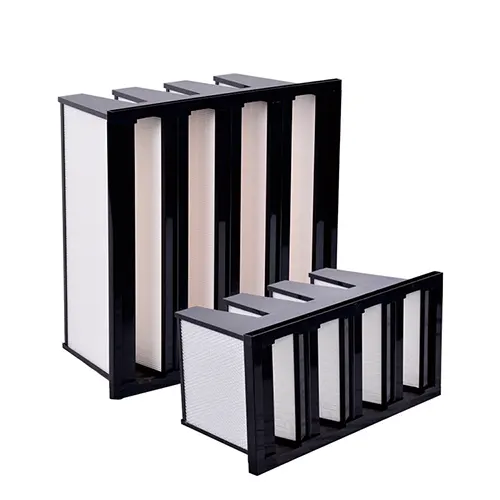MERV13 Filters and Allergies: How They Can Help You Breathe Easier
 Image from Caglar Oskay
Image from Caglar Oskay
Poor air quality can lead to health issues, including allergies and respiratory problems, while also making individuals more susceptible to contagious illnesses.
In workplaces, it can decrease productivity and lead to increased sick days for employees. In residential buildings, people rely on clean air to maintain healthy and comfortable living conditions. Clean air fosters comfort and well-being and contributes to a positive working and living environment.
What Does MERV 13 Stand For?
MERV 13 stands for Minimum Efficiency Reporting Value 13.
According to EPA, a filter rated MERV13 can capture approximately 50% of particles sized between 0.3-1 micrometers, over 85% of particles ranging from 1-3 micrometers, and an impressive 90% of particles with sizes between 3-10 micrometers.
MERV is a rating that measures the efficiency of air filters in capturing and removing airborne particles from the air.
For instance, a filter with a MERV rating of 6 might effectively capture larger particles like dust and lint, while a filter with a MERV rating of 13 can capture much smaller particles, including bacteria, tobacco smoke, and even sneeze droplets.
A MERV 13 filter is highly efficient in capturing a significant portion of smaller particles, making it ideal for improving indoor air quality and reducing allergens.
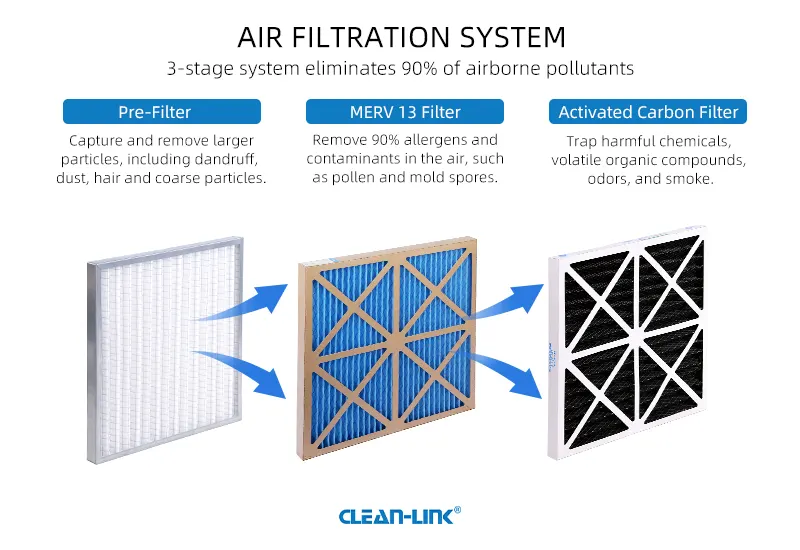
Health Problems Caused By Poor Air Quality
Poor air condition can have significant impacts on human health, with allergies being among the most prevalent symptoms.
Airborne allergens, including pollen and mold spores, are a significant trigger for allergies and can exacerbate symptoms, particularly in individuals with hay fever. When these allergens are inhaled, they can lead to a range of health issues.
For those with existing allergies, exposure to airborne allergens may worsen their condition. These can include sneezing, runny or stuffy nose, itchy or watery eyes, and throat irritation.
In worst cases, constant exposure to high levels of allergens can be the reason for the development of allergies in individuals who were previously non-allergic.
MERV13 Filter in Air Filtration Helps Reducing Allergies
One of the most efficient ways to enhance air quality is by removing airborne contaminants that can trigger allergies and respiratory issues.
Modern air filters like MERV13 filters are typically designed to capture a variety of pollutants, including pollen, dust mites, mold spores, pet dander, and even microscopic particulates.
By trapping these allergens, MERV13 air filters prevent them from entering work and living spaces, thereby reducing the risk of allergic reactions and respiratory problems.
Additionally, certain advanced filters like activated carbon filters can also remove harmful chemicals, odors, and smoke, further protecting individuals from potential health hazards.
In spaces where air filtration systems are properly maintained and effectively utilized, individuals experience fewer allergy symptoms and enjoy a healthier respiratory system, leading to an overall improved indoor air quality.
Maximizing the Efficiency of MERV13 Filters
MERV13 filters are optimal for HVAC systems at certain requirements, however, they need proper maintenance and practices to get the best of your MERV13 filter.
1. Regular Maintenance and Replacement:
No different than other filters, MERV13 filter can become satuated over a period of time.
A clogged MERV13 filter not only reduces its efficiency but can also put stress on your HVAC system, leading to higher energy consumption.
It’s crucial to inspect your filter regularly and replace it when necessary. Typically, it’s recommended to replace your MERV13 filter every 3-6 months, but this can vary based on factors like the air quality in your area and the frequency of HVAC system usage.
2. Adding a pre-filter stage:
While MERV13 filters are highly efficient in trapping a smaller size of particles, putting a pre-filter before the MERV13 filter can help extend filter service life.
A prefilter is a preliminary filtering stage used in air filtration systems, to capture and remove larger particles and contaminants before they reach the subsequent filter, thereby protecting and extending the life of MERV13 filter.
Conclusion
MERV13 filters not only are able to capture common allergens but also enhance the overall air quality, making every breath a little easier and purer.
If allergies are affecting your living or working environment, it’s worth considering MERV13 filters as your protective barrier.
CleanLink design and manufacture a wide variety of air filters and filter media, suitable for commercial and residential HVAC systems. Contact CleanLink for more infomation on air filtration or to get your custom air filter tailored to your special requirements.
